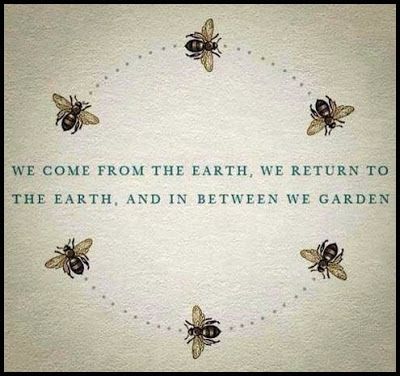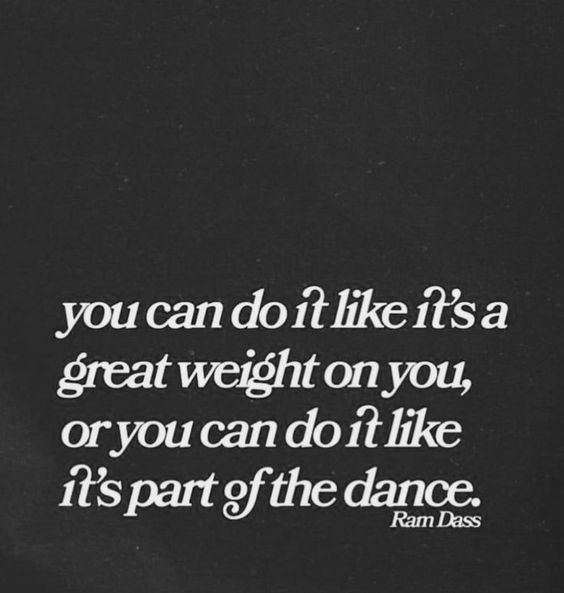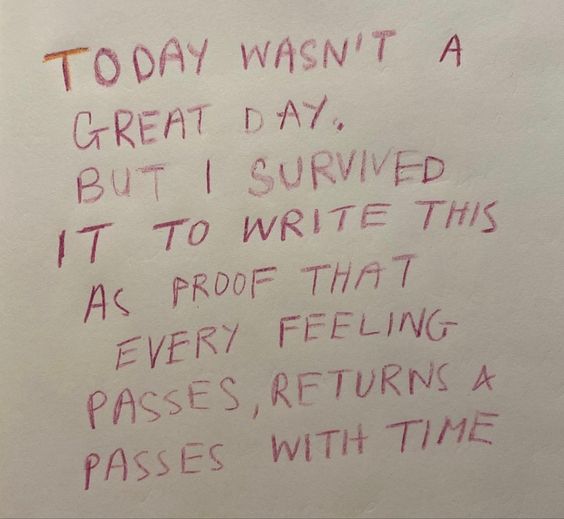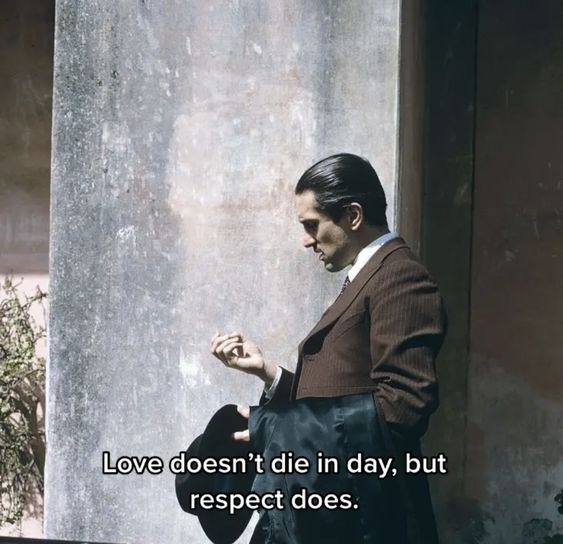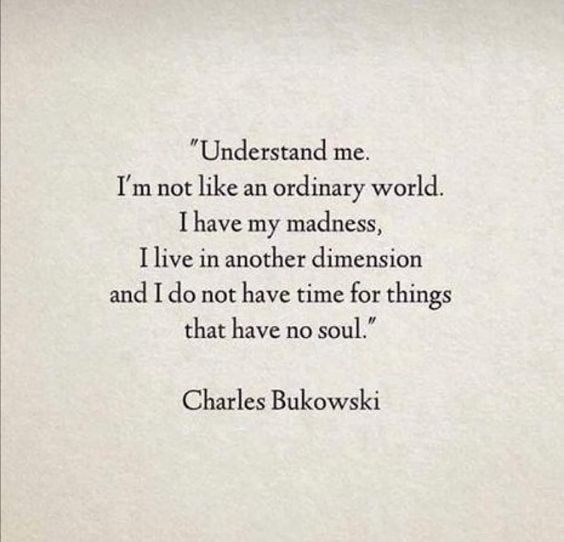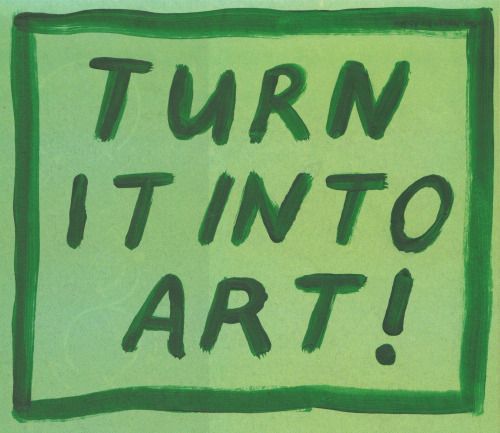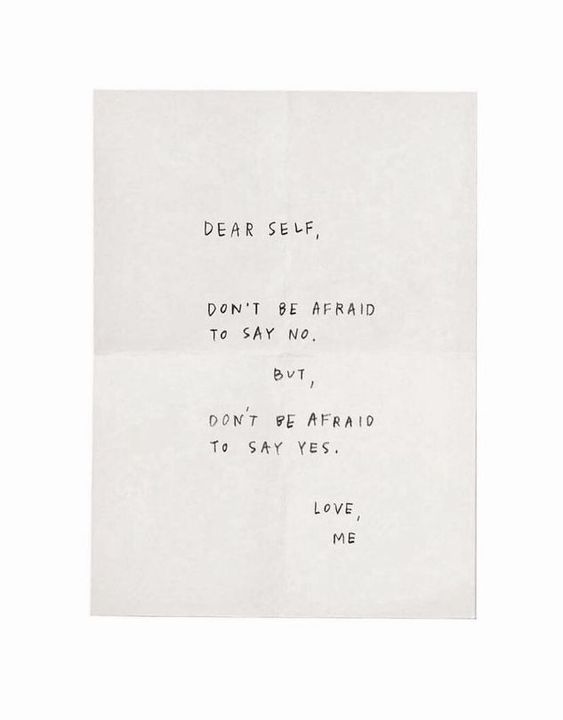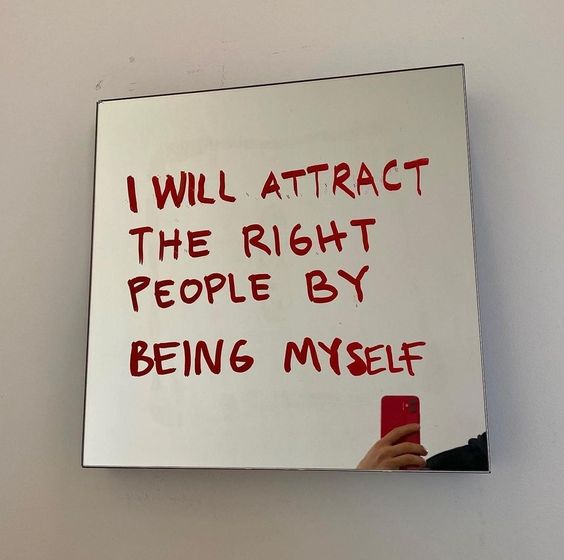“When we lay claim to the evil in ourselves, we no longer need fear its occurring outside of our control. For example, a patient comes into therapy complaining that he does not get along well with other people; somehow he always says the wrong thing and hurts their feelings. He is really a nice guy, just has this uncontrollable, neurotic problem. What he does not want to know is that his ‘unconscious hostility’ is not his problem, it’s his solution. He is really not a nice guy who wants to be good; he’s a bastard who wants to hurt other people while still thinking of himself as a nice guy. If the therapist can guide him into the pit of his own ugly soul, then there may be hope for him. Once this pilgrim can see how angry and vindictive he is, he can trace his story and bring it to the light, instead of being doomed to relive it without awareness. Nothing about ourselves can be changed until it is first accepted.”
Sheldon B. Kopp, If You Meet Buddha On The Road, Kill Him! (Page 108)
“No patient in psychotherapy can recover his own beauty and innocence without first facing the ugliness and evil in himself. [Carl] Jung tells us we have ‘dealt the devil… [no] serious blow by calling him neurosis.'”
Sheldon B. Kopp, If You Meet Buddha On The Road, Kill Him! (Page 105)
“It is a great insight to come to—that you don’t love yourself. It is really hard to love oneself, because we have been taught to condemn ourselves and not to love. We have been taught that we are sinners. We have been taught that we are not of any worth. Because of that it has become difficult to love. How can you love a worthless person? How can you love somebody who is already condemned? But it will come. If the insight that you do not love yourself has come, there is nothing to be worried about. One window has opened. You will not be inside the room for long—you will jump out. Once you know the open sky, you cannot remain confined in a stale world. You will come out of it.”
Osho, Everyday Osho (Page 141)
“What a waste of her life to spend herself trying to be something good enough for mother, when she was already good enough. Nothing could ever be good enough to finally satisfy such a mother. If she can face what a fool she has been to have tried and tried to transform her vitality into a power that would make this insatiable mother happy, she may then be able to reclaim her power for herself. She never had any real power over mother, or over the feelings of anyone else. Her only real power lies in taking charge of her own life, enjoying being who she is, and making her life as meaningful as she can for herself, whatever others may or may not expect of her.”
Sheldon B. Kopp, If You Meet Buddha On The Road, Kill Him! (Page 88)
“Sometimes it seems to me that in this absurdly random life, there is some inherent justice in the outcome of personal relationships. In the long run, we get no more than we have been willing to risk giving. We get to keep no more than we earn by our own efforts. In a way, we each get what we deserve. Everyone is entitled to keep as much garbage as he is willing to put out or to put up with.”
Sheldon B. Kopp, If You Meet Buddha On The Road, Kill Him! (Page 85)
“We must never forget that we may also find meaning in life even when confronted with a hopeless situation, when facing a fate that cannot be changed. For what then matters is to bear witness to the uniquely human potential at its best, which is to transform a personal tragedy into a triumph, to turn one’s predicament into a human achievement. When we are no longer able to change a situation…we are challenged to change ourselves.”
Viktor Frankl, Man’s Search For Meaning
“What people look for in marriage, at least in part, is the other half of themselves. Each of us is in some measure incomplete, with some aspects of our humanity over-developed and others neglected. What we do not claim for ourselves, we look for in the other (for example, aggressiveness, tenderness, spontaneity, stability, and so on). This is most extreme in the marriages of neurotics whose own self-image is so skewed that they seek out mates who are caricatures of the other end of the personality spectrum (such as the timid, self-inhibiting woman who searches for a glamorous, super adventuresome epic-hero of a man, while he in turn seeks a woman too scared to let him get into trouble).”
Sheldon B. Kopp, If You Meet Buddha On The Road, Kill Him! (Page 70)
“At present, I see monogamous, lifelong marriage as our most viable solution to loneliness, as the best setting so far available in which to raise children, and as the most practical contract for mutual support and freedom in a world so difficult for any one person to manage within.”
Sheldon B. Kopp, If You Meet Buddha On The Road, Kill Him! (Page 68)
“Patients learn in the course of telling their tales that they can discover themselves by becoming curious about the other struggling human beings with whom they live in the world. The only times that we can have what we long for are those moments when we stop grasping for it. At such times, all things are possible: ‘to a mind that is ‘still’ the whole universe surrenders.'”
Sheldon B. Kopp, If You Meet Buddha On The Road, Kill Him! (Page 65)
“Siddhartha ‘no longer merely knows about, he understands the evils of the worldly life’ and so he is free of them.”
Sheldon B. Kopp, If You Meet Buddha On The Road, Kill Him! (Page 60)

